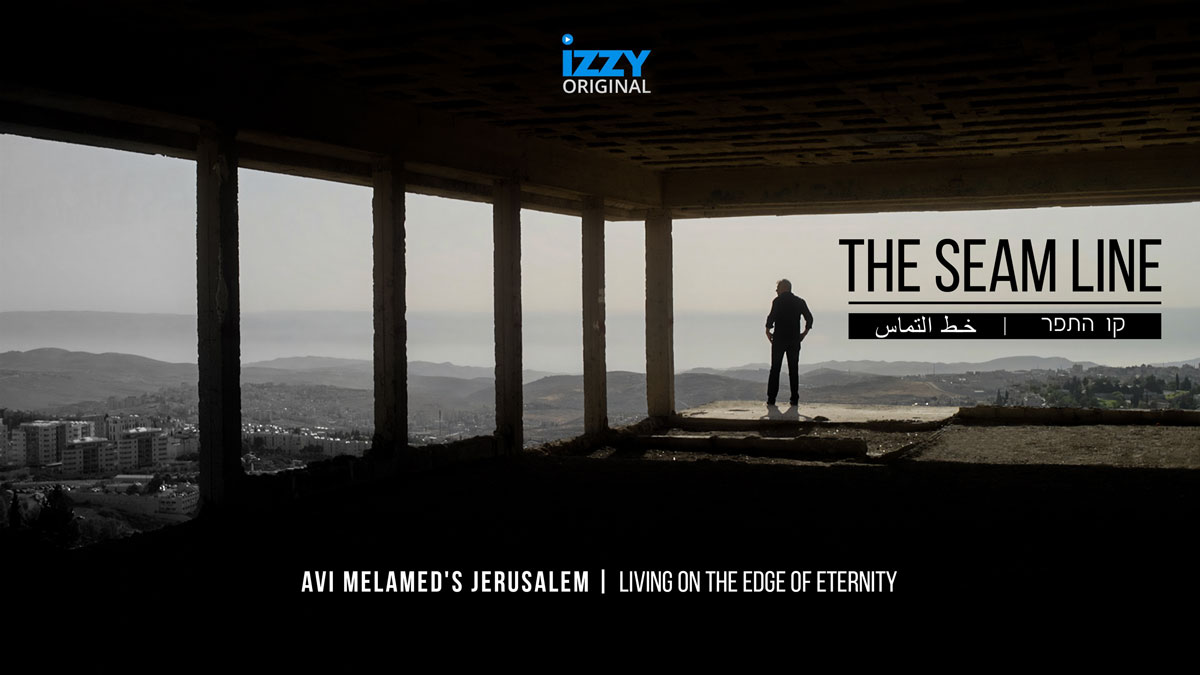|
Getting your Trinity Audio player ready...
|
Avi Melamed analysis is quoted in “With Saturday’s violent attack, Hamas sends a message to the Middle East during a moment of change” an article by Antonio Pita in Aman.
Source article is available here >>
“The Saudi issue is clearly one of the main factors,” Avi Melamed, an Israeli military expert, former member of the intelligence services and founder of the Inside the Middle East think tank, explained by telephone. “Hamas has sent a message: whether or not there is a normalization of relations with Israel, we are the ones who define the fate of this conflict and who can lead the fight against Israel.”
The deadly Palestinian coordinated action comes amid rapprochement between Israel and Saudi Arabia, anathema to the Islamist movement that rules Gaza…
In a few hours, with 2,500 rockets and dozens of militiamen crossing a barrier hitherto considered almost impregnable, Hamas launched a surprise attack from Gaza in which armed groups killed at least 100 Israelis and kidnapped soldiers and civilians. The coordinated action is as much an unprecedented military achievement as it is psychological warfare and a deliberate message from Hamas to the Middle East at a key moment in international relations.
Israel has been calling the strategic shots for years, and its conflict with the Palestinians is buried on the list of global priorities, especially since the start of the Russian invasion of Ukraine in February 2022, which has shifted the attention of foreign ministries. Meanwhile, since 2020, Israel has gained recognition from three Arab countries —United Arab Emirates, Bahrain and Morocco— without having to make concessions on the Palestinian issue or resolve the conflict with the creation of a Palestinian state.
That major achievement has changed the paradigm in the region and increased Palestinians’ sense of strategic isolation. Until that point, at least on paper, the Arab world as a bloc had made a peace agreement the condition for recognizing the Jewish state. Now, Israel is trying to gain recognition from Saudi Arabia, a major player in the region. In recent weeks, the negotiation of a pact between Washington and Riyadh that would involve recognition of the Jewish state has gained traction. “We are getting closer every day,” Saudi Crown Prince Mohammed bin Salman said in an interview just three weeks ago. Shortly thereafter, Israeli ministers entered the country for the first time in an official capacity.
Hamas does not recognize Israel and has indicated in the past that Riyadh would cross a red line in doing so; for that reason, it wanted to send a message. The Lebanese Hezbollah militia, Iran’s ally and part of the self-proclaimed “axis of resistance” against the Jewish state, interpreted Saturday’s attack as “a clear message to the Arab and Muslim world, especially to those who are fighting for a normalization agreement.”
“The Saudi issue is clearly one of the main factors,” Avi Melamed, an Israeli military expert, former member of the intelligence services and founder of the Inside the Middle East think tank, explained by telephone. “Hamas has sent a message: whether or not there is a normalization of relations with Israel, we are the ones who define the fate of this conflict and who can lead the fight against Israel.”
Despite having re-established diplomatic relations in March, Tehran and Riyadh continue to view each other with suspicion and to compete for regional hegemony. Iran also arms Islamic Jihad, one of the militias involved. That group is much smaller than the armed wing of Hamas, which is more measured in its activities and has been reducing its ties with Tehran. On Friday, in a parallel with the Yom Kippur War — a moment when Israel was surprised by its potential fragility — 50 years ago, Hamas emphasized that “resistance is the only way to stop” Israel, a reference to armed violent struggle.
Caught by surprise
This Saturday’s coordinated action caught Israeli forces completely by surprise, despite the country’s military might, electronic surveillance systems and network of on-the-ground informants. The amount of information and logistics required for Hamas’s attack (for example, breaching the barrier with paragliders attached to vehicles) points to months of preparation amid an escalating conflict: with over 200 Palestinians and hundres Israelis killed too, including this Saturday’s casualties, 2023 is the deadliest year since the Second Intifada.
In the Middle East conflict, everything is connected, even more so in the age of social media, and the Temple Mount/Esplanade of Mosques in Jerusalem serves as the ultimate symbol. Hamas has cited “aggressions” on this site — the third holiest in Islam and a symbol of Palestinian identity — to justify the attack. Historically, it has been at the center of numerous clashes, and there is a sense among Palestinians that the site is “at risk.” In recent months, tensions have been increasing because of growing pressure from movements advocating the destruction of the mosques to build a third Jewish temple there (the holiest site in Judaism). The second temple was destroyed by the Romans two millennia ago, and the Wailing Wall is the only remnant. Videos of religious Jews visiting the site, chanting slogans, praying at its gates and trying to gain access without permission have increased in recent months.
Moreover, Saturday’s unprecedented operation comes amid the discrediting of the Palestinian Authority, chaired by Mahmud Abbas, which is perceived by many Palestinians as a subsidiary of Israel. Hamas will be condemned internationally for murdering civilians and taking hostages this Saturday, but it is winning points with its own people as the true standard-bearer of the Palestinian “resistance,” a key word in Hamas’s very name.
In this regard, psychological warfare is key. After avoiding open confrontations with Israel since 2014 and getting involved more cautiously (it is aware of the price for a blockaded and impoverished population in Gaza), the images of militiamen walking with M-16s through Israeli towns, hostages humiliated on the ground and civilians fleeing in terror are just what Hamas wants: a movement divided between the supporters of a more pragmatic approach and the more irredentist ones, who won out this Saturday.
Melamed notes that, after the initial shock and sense of triumph, the key is Israel’s response and whether the conflict spreads to the West Bank, East Jerusalem or even southern Lebanon through Hezbollah. “I see it as difficult for the [Israeli] government to be content with actions like those of the past. It may opt for something that changes its relationship with Gaza from A to Z. It is clear that some members of the government will call for the reoccupation of Gaza,” from which Israel unilaterally withdrew its soldiers and settlers in 2005. Today, that decision is criticized, particularly by religious ultranationalists who, following the November elections, hold unprecedented power in the most right-wing coalition in the country’s 75-year history.
Avi Melamed analysis is quoted in “With Saturday’s violent attack, Hamas sends a message to the Middle East during a moment of change” an article by Antonio Pita in Aman.
“Jerusalem bridge-builder revisits intifada hot spots for new streaming series” Article by Mike Wagenheim about our latest Docuseries The SEAM LINE with Avi Melamed
Full article here in The Jewish News Syndicate


If you want to have a better understanding of the news and what really drives the unfolding events…
Read the latest book by Avi Melamed,
INSIDE THE MIDDLE EAST | ENTERING A NEW ERA, available now >>>
Follow me on Twitter @AviMelamed; Facebook @InsideTheMiddleEast; for more Videos on YouTube https://www.youtube.com/c/AviMelamed
I can always be reached at Av*@********ed.com
































































